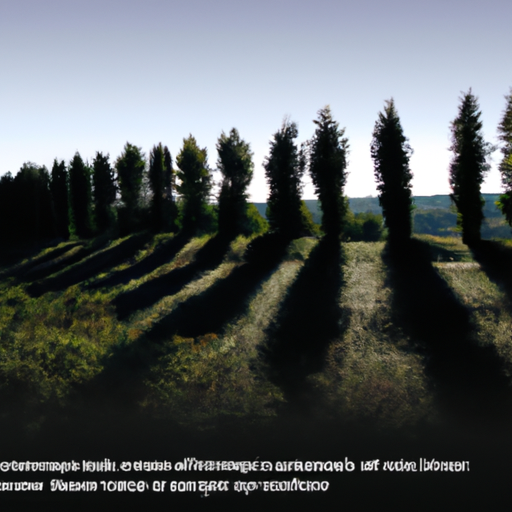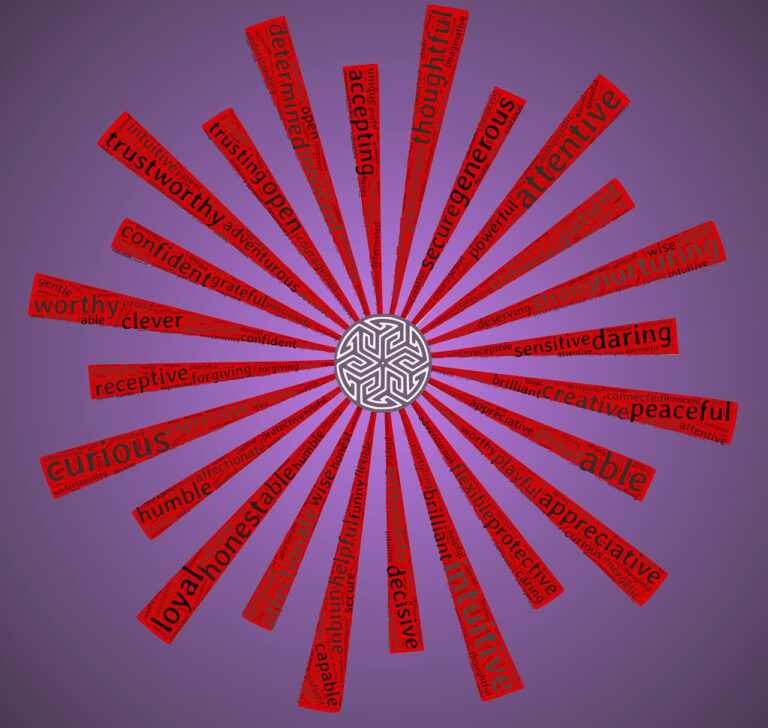In this article, you will gain a clearer understanding of the word “austere” and how it is used in sentences. It is a term that may initially seem unfamiliar, but by exploring various sentence examples, you will discover its true meaning. Through engaging examples and relatable context, you will develop a richer understanding of this intriguing word. So, let’s dive in and uncover its significance in our language.
Understanding the Meaning of Austere: Examples in Sentences

Definition of Austere
Primary Meaning
When we talk about the word “austere,” the primary meaning refers to something that is simple, plain, or lacking ornamentation. It implies a lack of luxury, extravagance, or excess. An object, place, or person often exhibits a sense of seriousness or solemnity. It can also convey a sense of strictness or discipline.
Related Meanings
Beyond its primary meaning, it can also have different connotations in various contexts. In the realms of religion and philosophy, it can refer to practices or beliefs characterized by asceticism, self-discipline, or a lack of indulgence. In medicine, the term describes a severe or stern approach to treatment or therapy. In the realm of politics, it can imply a policy or approach that emphasizes financial discipline or strict adherence to regulations.
Examples of Austere in Sentences
Usage in Describing Behavior
- John lived an austere lifestyle, devoid of any luxuries. Despite his financial means, he chose to lead a simple and unadorned life, focusing on the essentials and foregoing any lavish indulgences.
- The teacher maintained an austere demeanor in the classroom. She would rarely smile or display emotions, preferring a serious and stern approach to maintain discipline and command respect.
- The monk’s austere practices impressed the visitors. Through his strict adherence to ascetic principles, the monk embraced a life of simplicity and self-discipline, inspiring admiration from those who observed his way of living.
Usage in Describing Appearance
- Her austere attire reflected her serious personality. She often dressed in plain, muted colors and avoided flashy accessories, projecting a no-nonsense and business-like image.
- The room was decorated in an austere manner, with minimal furniture. The absence of unnecessary ornamentation and the use of simple, functional pieces created an atmosphere of understated elegance.
Usage in Describing Places
- The architecture of the cathedral was austere and monumental. The grandeur of the building came from its sheer size, imposing structure, and minimal embellishments, evoking a sense of awe and reverence.
- The prison cells were austere and bleak. The stark and Spartan design, devoid of any comforts or luxuries, reinforced the sense of punishment and deprivation experienced by the inmates.
Usage in Describing Art and Design
- The painting captured the austere beauty of the winter landscape. By using a limited color palette and clean lines, the artist conveyed the stark and serene essence of the cold season, showcasing its hidden beauty.
- The minimalist sculpture had an austere elegance. Through its sleek and simple design, the sculpture conveyed a sense of purity and tranquility, drawing attention to the absence of unnecessary elements.
Usage in Describing Language and Writing
- His writing style was characterized by austere simplicity. He avoided flowery language or excessive descriptions, opting for precise and straightforward expressions, making it easier for readers to grasp the essence of his message.
- The poet’s words conveyed a sense of austere melancholy. In his emotionally charged verses, he used a few carefully chosen words to evoke a profound sense of sadness and longing, leaving a lasting impact on his readers.
Usage in Describing Diet and Food
- The austere diet consisted mainly of fruits, vegetables, and whole grains. With a focus on natural and unprocessed foods, the diet aimed to promote health and vitality by limiting the intake of rich or indulgent ingredients.
- The restaurant offered an austere menu, featuring simple and unadorned dishes. The emphasis was on the quality and freshness of the ingredients, allowing their natural flavors to shine through without unnecessary embellishments.
Usage in Describing Music
- The austere melody captivated the audience with its haunting simplicity. With minimal instrumentation and a repetitive yet mesmerizing tune, the music created a contemplative and introspective atmosphere.
Usage in Describing Style and Fashion
- The fashion show featured an austere collection of clean lines and neutral colors. The designer’s focus on simplicity and minimalism showcased the elegance and sophistication of each garment, free from unnecessary details or embellishments.
Usage in Describing Financial Matters
- The company adopted an austere approach to its finances. With strict budgeting and cost-cutting measures, they aimed to streamline operations, eliminate unnecessary expenses, and focus resources on essential areas of growth.
Usage in Describing Relationships
- Their austere marriage lacked warmth and affection. Despite being together for years, their relationship had become distant and formal, devoid of the emotional connection and intimacy commonly associated with marital bonds.
- Despite his austere demeanor, he had a deep love for his family. Though he may appear stern and serious to outsiders, those close to him knew his true nature – a devoted and caring individual who cherished his loved ones deeply.

Primary Meaning of Austere
Definition
In its primary meaning, it refers to something that is simple, plain, or lacking ornamentation. It suggests a lack of luxury, indulgence, or excessive decoration.
Synonyms
Some synonyms include severe, unadorned, plain, simple, stark, and strict.
Antonyms
Antonyms include extravagant, luxurious, ornate, lavish, and indulgent.

Related Meanings of Austere
In Religion and Philosophy
In the context of religion and philosophy, it can refer to practices or beliefs characterized by asceticism, self-discipline, and a lack of indulgence. It often emphasizes simplicity and the renunciation of worldly pleasures in a pursuit of spiritual enlightenment.
In Medicine
In the medical field, it describes a severe or stern approach to treatment or therapy. It can refer to interventions or protocols that prioritize the essential aspects of care while minimizing unnecessary or excessive procedures.
In Politics
In the realm of politics, it can describe a policy or approach that emphasizes financial discipline, strict adherence to regulations, or a focus on fiscal prudence. It often aims to promote efficiency and ensure accountability in government spending.





















